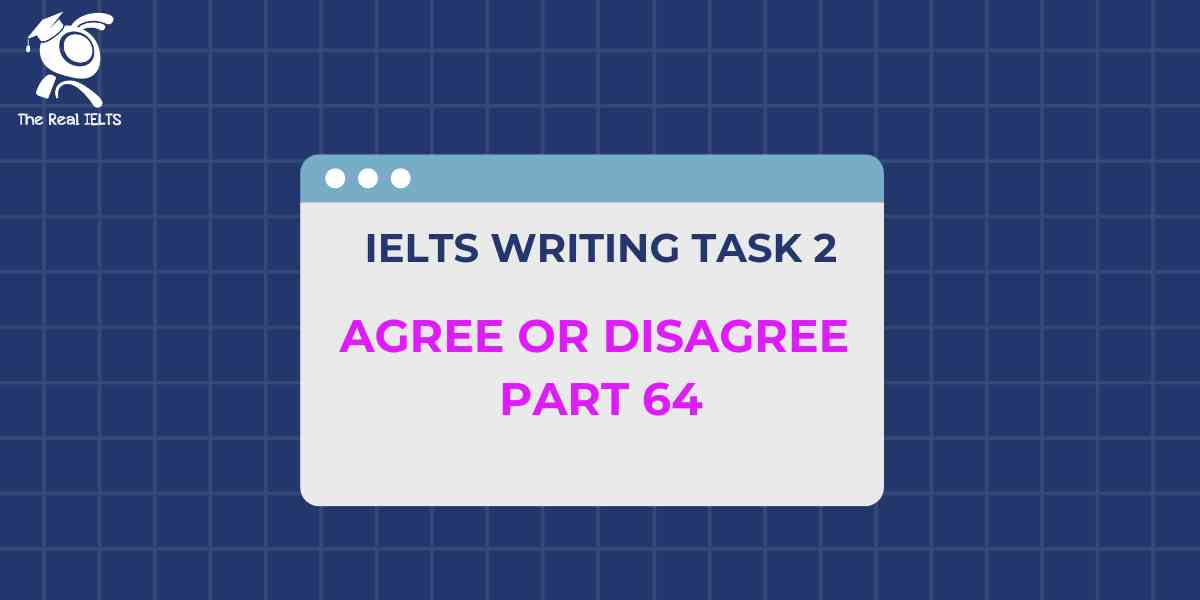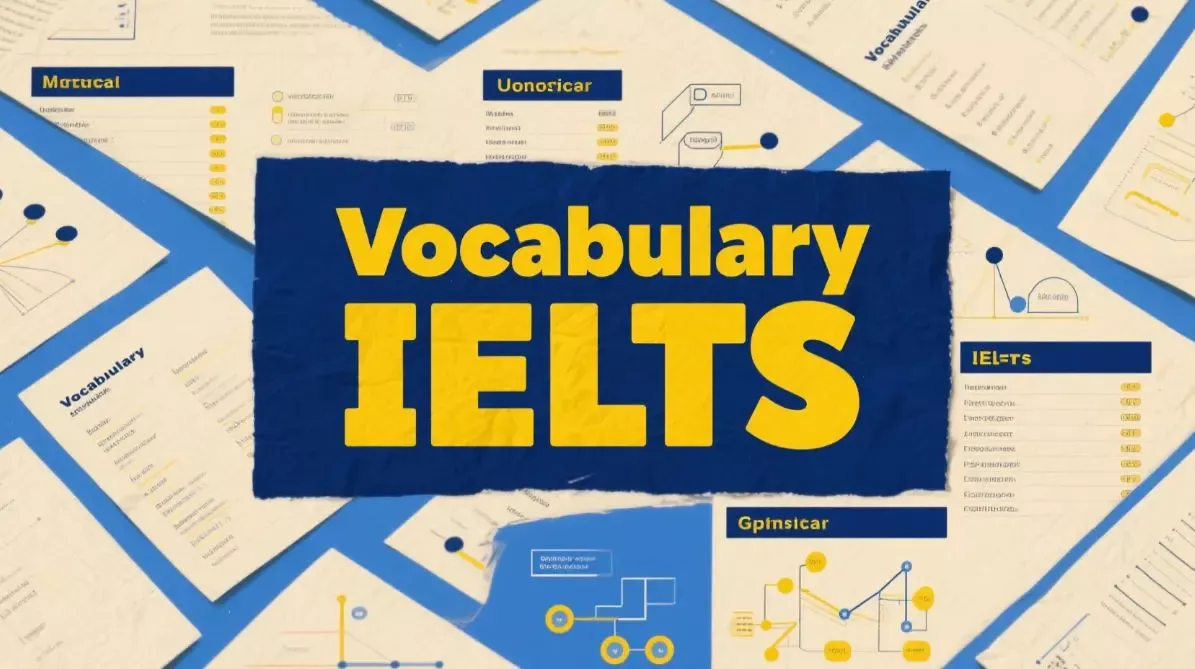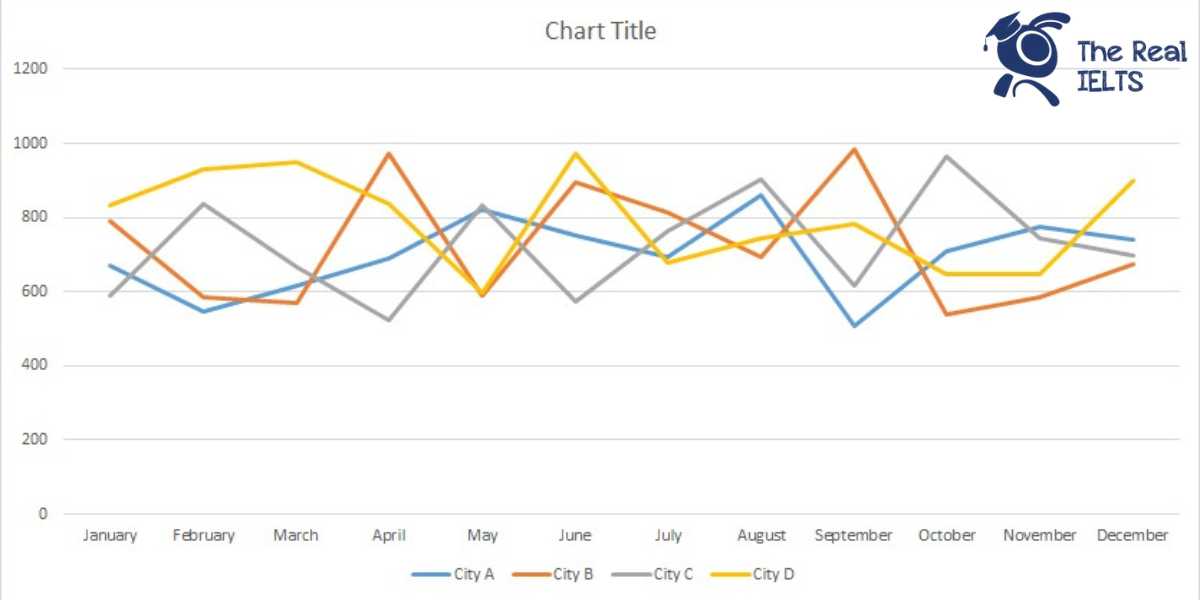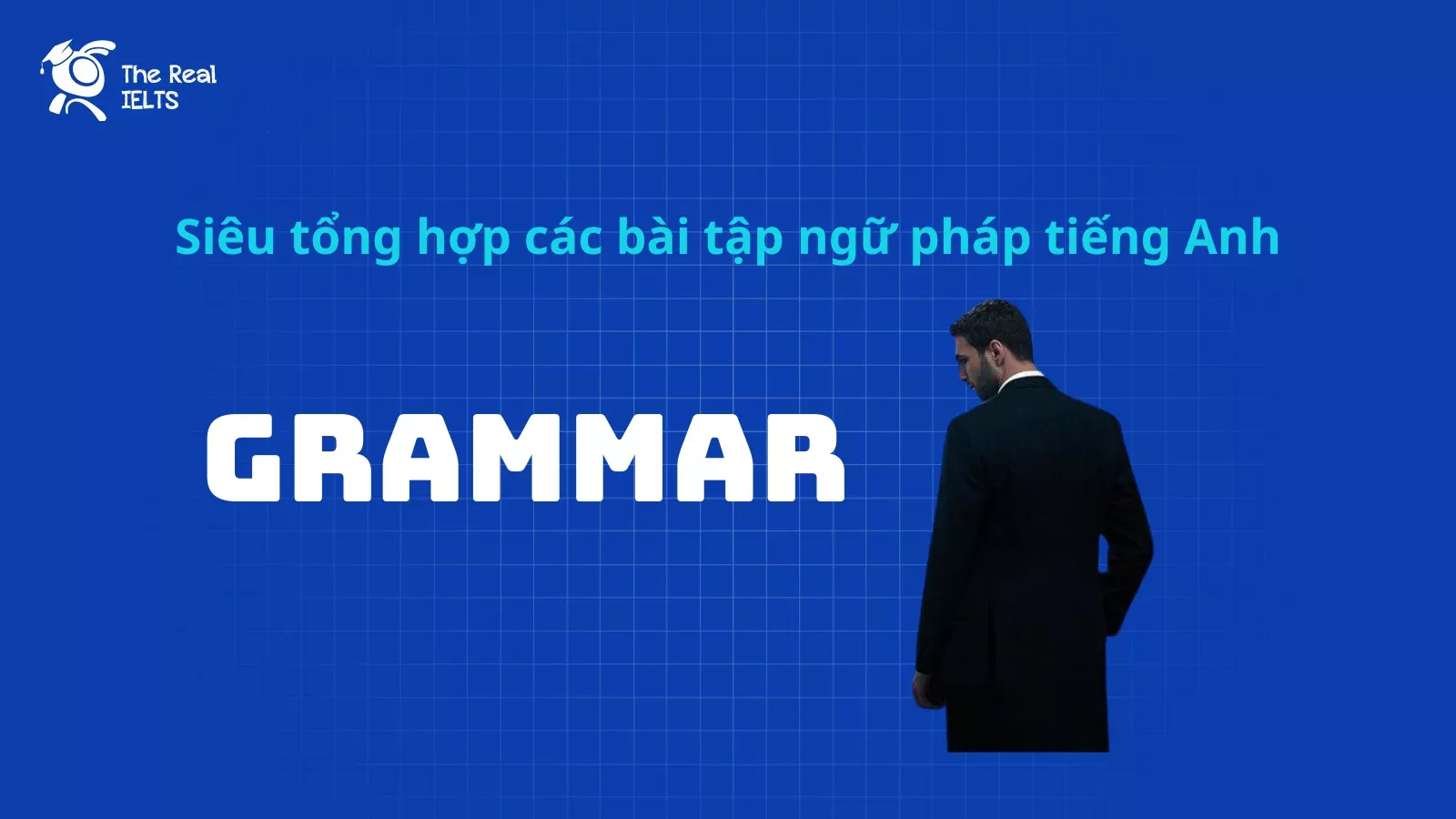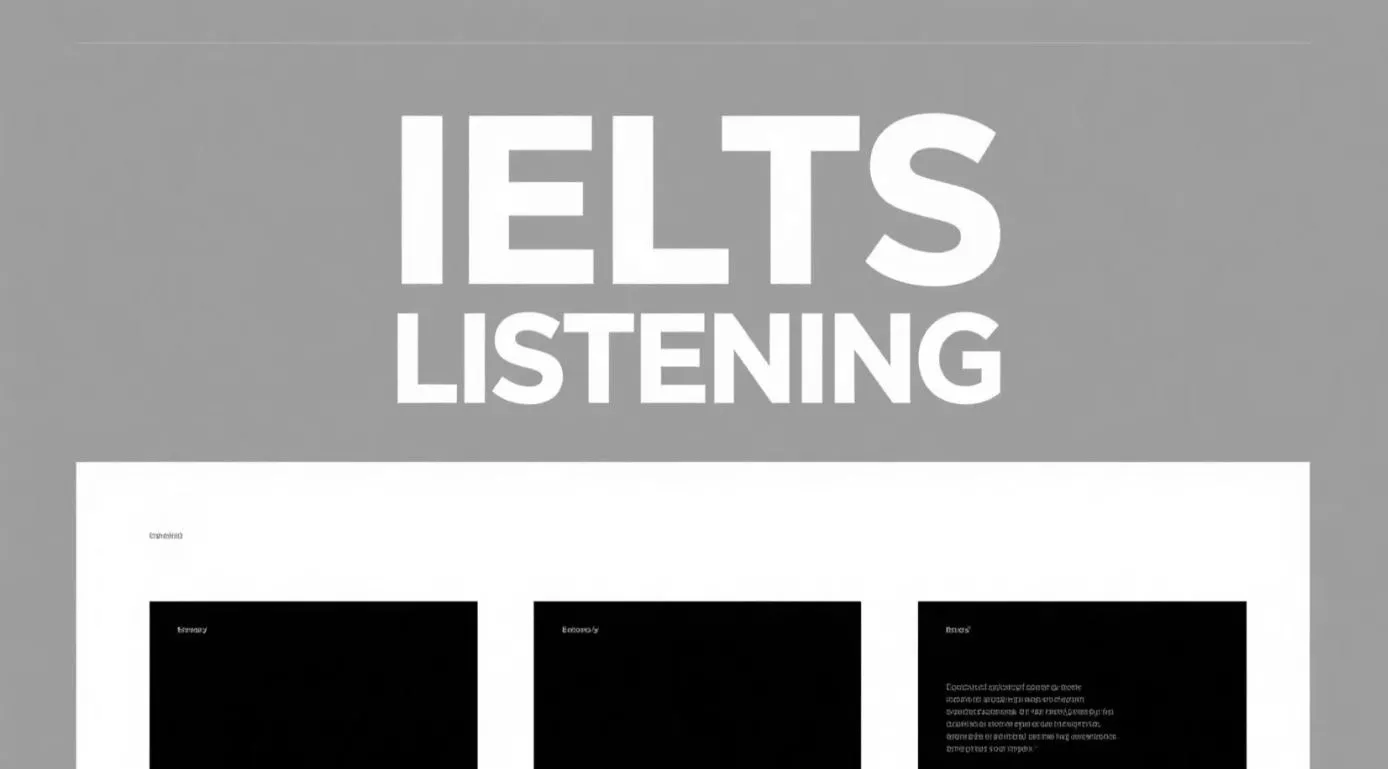Đề bài IELTS Writing Task 2 dạng Agree or Disagree Part 64:
You should spend about 40 minutes on this task
English should be the official language of all countries. To what extent do you agree or disagree?
Write at least 250 words.
Giải mẫu IELTS Writing
English is often touted as the global lingua franca, a bridge between cultures and nations, facilitating communication in various spheres, including business, academia, and diplomacy. However, the proposition that English should be the official language of all countries is contentious and complex. This essay will explore the extent to which I agree or disagree with this statement, ultimately arguing that while English’s role as a global second language is beneficial, making it the official language everywhere could undermine cultural diversity and linguistic heritage.
Firstly, the widespread adoption of English as a second language undeniably offers numerous advantages. In an increasingly interconnected world, a common language simplifies communication, enhances international business transactions, and fosters better diplomatic relations. English is already the primary language of the internet, scientific research, and international conferences. By promoting English as a second language, countries can facilitate access to global information and opportunities, which can drive economic growth and technological advancement.
However, making English the official language of all countries is fraught with challenges and potential drawbacks. Official languages are integral to a nation’s identity, reflecting its history, culture, and traditions. Forcing English as the official language could lead to the erosion of these cultural identities. Language is more than a communication tool; it is a repository of a community’s heritage and values. For example, indigenous languages often contain unique worldviews and knowledge systems that are invaluable to their speakers and the broader human heritage. Replacing them with English could result in the loss of this cultural richness.
Furthermore, the imposition of English as an official language could exacerbate social inequalities. In many countries, proficiency in English is often linked to socioeconomic status, with those in urban areas or from wealthier backgrounds having better access to English education. Making English the official language could widen the gap between the affluent and the disadvantaged, marginalizing those who cannot afford quality English education. This could lead to social unrest and hinder social cohesion.
While promoting English as a widely spoken second language is beneficial for global integration, enforcing it as the official language of all countries is impractical and potentially harmful. The focus should be on fostering multilingualism, where English is taught alongside local languages, preserving linguistic diversity while reaping the benefits of a common global language. This balanced approach respects cultural identities and promotes global cooperation without imposing a one-size-fits-all solution.
In conclusion, while the benefits of English as a global second language are clear, making it the official language of all countries is not advisable. It is crucial to find a balance that promotes English for international communication while preserving and valuing the linguistic and cultural diversity that defines our world.
Cấu trúc ngữ pháp và cấu trúc câu
- Cấu trúc câu:
- Câu phức (complex sentences):
- “English is often touted as the global lingua franca, a bridge between cultures and nations, facilitating communication in various spheres, including business, academia, and diplomacy.”
- “This essay will explore the extent to which I agree or disagree with this statement, ultimately arguing that while English’s role as a global second language is beneficial, making it the official language everywhere could undermine cultural diversity and linguistic heritage.”
- Câu ghép (compound sentences):
- “Firstly, the widespread adoption of English as a second language undeniably offers numerous advantages.”
- “Language is more than a communication tool; it is a repository of a community’s heritage and values.”
- Câu đơn (simple sentences):
- “This balanced approach respects cultural identities and promotes global cooperation without imposing a one-size-fits-all solution.”
- Câu phức (complex sentences):
- Cấu trúc ngữ pháp:
- Hiện tại đơn (simple present tense):
- “English is often touted as the global lingua franca.”
- “This essay will explore the extent to which I agree or disagree with this statement.”
- Hiện tại hoàn thành (present perfect tense):
- “English is already the primary language of the internet, scientific research, and international conferences.”
- Cấu trúc nhấn mạnh (emphatic structure):
- “What is crucial is to find a balance that promotes English for international communication while preserving and valuing the linguistic and cultural diversity that defines our world.”
- Cấu trúc bị động (passive voice):
- “The widespread adoption of English as a second language undeniably offers numerous advantages.”
- Hiện tại đơn (simple present tense):
Liệt kê các từ kết nối các câu và các đoạn trong đoạn văn:
- Từ kết nối các câu:
- “However”
- “Firstly”
- “Furthermore”
- “While”
- “For example”
- “In conclusion”
- Từ kết nối các đoạn:
- “Firstly”
- “However”
- “Furthermore”
- “While”
- “In conclusion”
Các từ vựng tiếng Anh cần lưu ý trong bài viết
- Lingua franca – Ngôn ngữ chung
- Facilitating – Tạo điều kiện
- Sphere – Lĩnh vực
- Contentious – Gây tranh cãi
- Extent – Mức độ
- Interconnected – Kết nối
- Simplifies – Đơn giản hóa
- Fosters – Thúc đẩy
- Adoption – Sự chấp nhận
- Undermine – Làm suy yếu
- Cultural diversity – Đa dạng văn hóa
- Linguistic heritage – Di sản ngôn ngữ
- Integral – Quan trọng
- Erosion – Sự xói mòn
- Repository – Kho lưu trữ
- Indigenous languages – Ngôn ngữ bản địa
- Exacerbate – Làm trầm trọng thêm
- Proficiency – Trình độ
- Socioeconomic status – Tình trạng kinh tế xã hội
- Marginalizing – Làm cho ngoài lề
- Multilingualism – Đa ngôn ngữ
- Imposing – Áp đặt
- Global integration – Hội nhập toàn cầu
- Cohesion – Sự gắn kết
- Balanced approach – Cách tiếp cận cân bằng
Đọc thêm các bài Luyện Thi IELTS khác trong link nhé.


